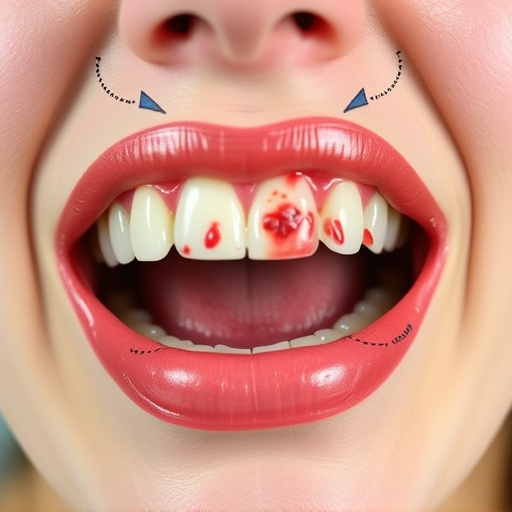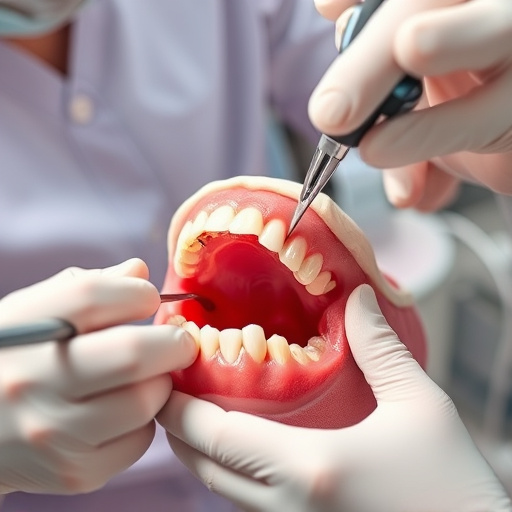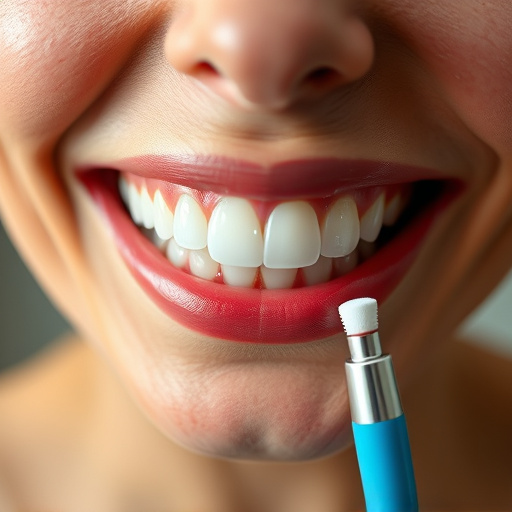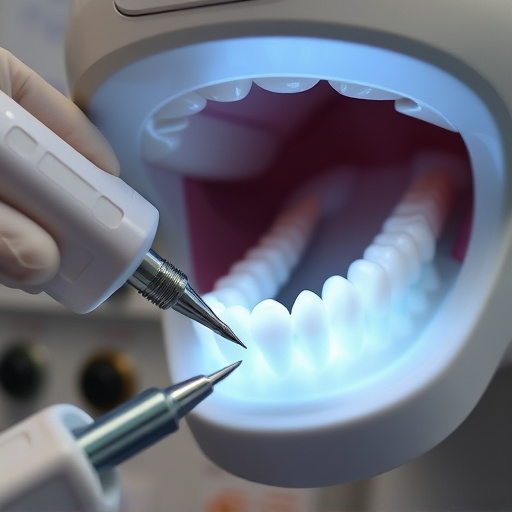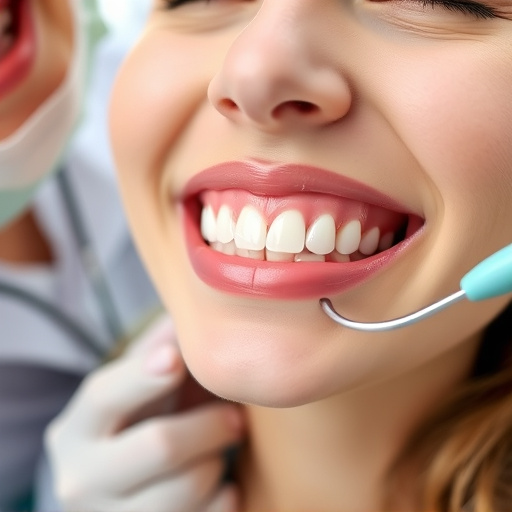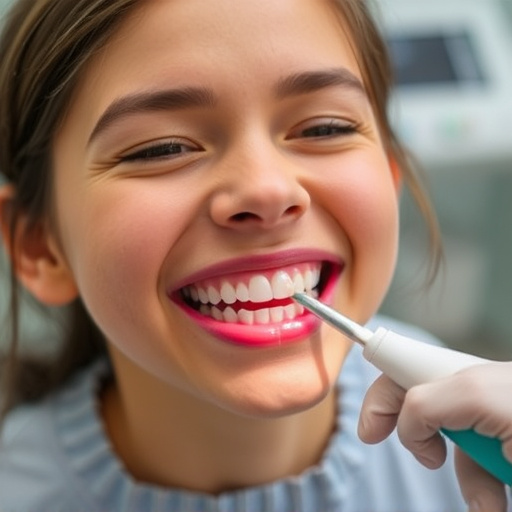Teeth grinding (bruxism) is a common issue with potential dental damage if untreated. Triggers include stress, anxiety, and certain medications. Cosmetic dentistry offers solutions like mouthguards and jaw appliances. Preventive measures such as wisdom tooth removal or braces address underlying causes. Lifestyle changes, regular dental check-ups, and stress management also aid in teeth grinding treatment. Professional treatments like dental bonding, wisdom tooth extraction, and custom mouth guards provide relief for severe cases.
Teeth grinding, or bruxism, can lead to severe dental issues and disrupt your sleep. This article provides a comprehensive guide to stopping teeth grinding with proven treatments. We’ll explore the underlying causes, starting with stress and anxiety, and delve into lifestyle changes that offer effective relief. Additionally, we’ll discuss professional treatments and options available for long-lasting solutions. Discover how you can break free from this destructive habit and reclaim your oral health.
- Understand the Causes of Teeth Grinding
- Lifestyle Changes for Effective Relief
- Explore Professional Treatments and Options
Understand the Causes of Teeth Grinding
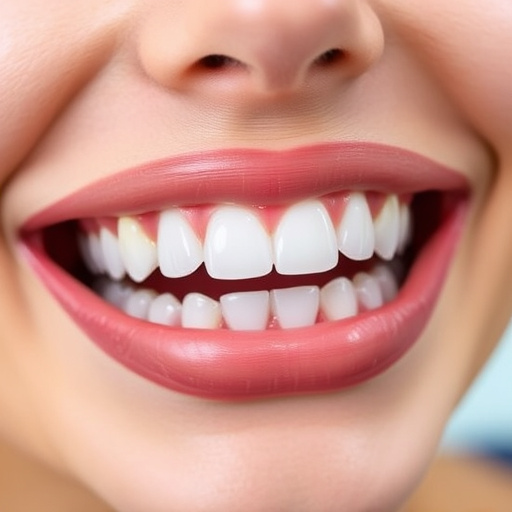
Teeth grinding, or bruxism, is a common but often overlooked habit that can lead to significant dental issues if left untreated. Understanding what causes this behavior is the first step in finding an effective teeth grinding treatment. The primary triggers include stress and anxiety, which can cause individuals to unconsciously clench or grind their jaws. Certain medical conditions, such as sleep apnea, also contribute to bruxism. Additionally, certain medications and substances like caffeine and alcohol can exacerbate the problem.
Cosmetic dentistry offers a range of solutions for managing teeth grinding, from custom-fitted mouthguards that protect your teeth during sleep to dental appliances designed to alter jaw positioning. In some cases, preventive dentistry measures, such as wisdom tooth removal or addressing misalignments with braces, can also alleviate bruxism. By identifying and addressing the underlying causes, individuals can find relief from discomfort and prevent long-term damage associated with chronic teeth grinding.
Lifestyle Changes for Effective Relief
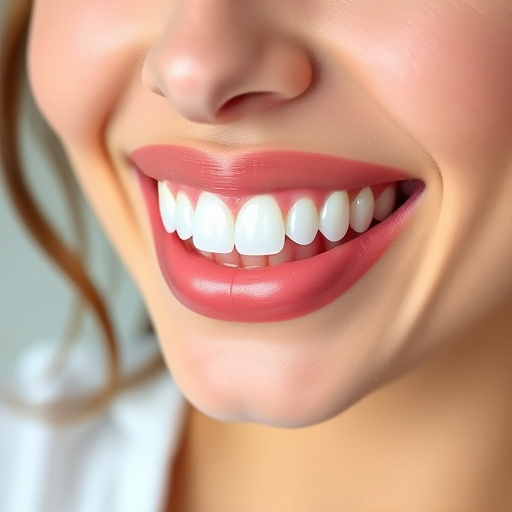
Many people turn to teeth grinding treatments when they realize the constant wear and strain on their jaws and teeth. While over-the-counter solutions like jaw exercises and mouthguards can offer temporary relief, implementing lifestyle changes is a proven long-term strategy for managing this habit. One of the first steps towards effective teeth grinding treatment is adopting healthier habits. This includes maintaining a balanced diet rich in fruits and vegetables to promote oral health and reducing caffeine intake, as stimulants often exacerbate clenching and grinding.
Regular dental cleanings and check-ups are also vital components of managing teeth grinding. These appointments not only help maintain excellent oral hygiene but also allow dentists to monitor any changes in your teeth or jaws. For children suffering from this issue, regular visits to the dentist for dental fillings and cleanings can prevent further damage and teach them proper oral care habits. Additionally, stress management techniques like yoga, meditation, or therapy can be beneficial, as they help reduce tension that may lead to grinding.
Explore Professional Treatments and Options
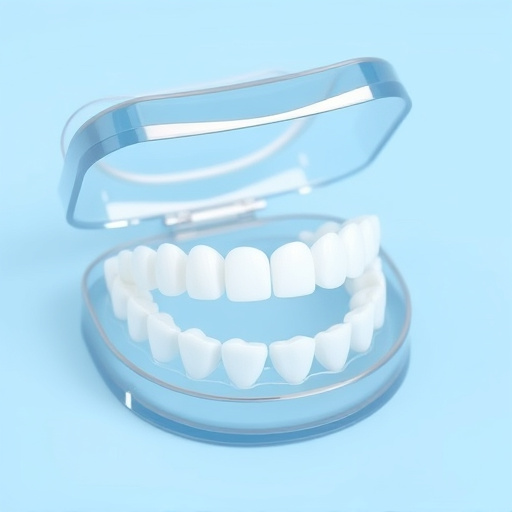
Many people find relief from teeth grinding through professional treatments offered by dentists. One common approach is dental bonding, where a dentist applies a resin material to the damaged or affected areas, smoothing it into place and allowing for a more comfortable bite. This method is particularly effective for those who experience teeth grinding due to misaligned teeth or biting habits.
Additionally, wisdom tooth removal can be a solution if the grinding is caused by impacted or poorly positioned molars. Removing these teeth alleviates pressure on the jaw and surrounding teeth, reducing the likelihood of grinding. For more severe cases, dentists may recommend specialized treatments such as mouth guards tailored to prevent teeth grinding during sleep, or even advanced procedures like occlusal reconstruction to realign the bite and alleviate stress on the jaws.
Teeth grinding, or bruxism, can significantly impact your oral health and overall well-being. However, with a combination of lifestyle adjustments and professional treatments, you can effectively manage and stop this habit. By understanding the underlying causes, making thoughtful lifestyle changes, and exploring various treatment options like mouthguards, therapy, or dental procedures, you can find lasting relief from teeth grinding. Remember, seeking help is crucial in achieving a calmer, healthier smile.







